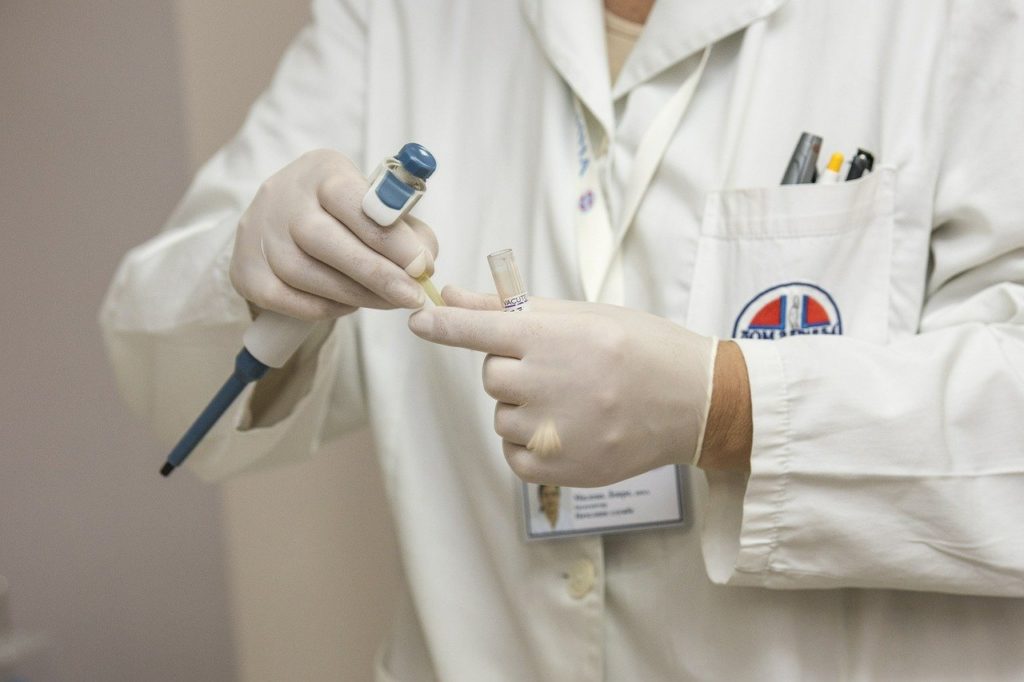Gonorrhea might sound like a funny word, but in reality, it is the name of painful sexually transmitted infection. There are many misconceptions when it comes to STDs, especially for little-discussed infections such as gonorrhea. Here are the top 10 facts that you need to know:
- Think it’s uncommon? Not so! Gonorrhea is the second most common sexually transmitted infection in the United States, second only to chlamydia.
- It has many names. Although gonorrhea is the correct term, the sexually transmitted infection is also known as ‘the clap.’ No one is exactly sure how the term came into use, but some believe that it grew out of an old French word, ‘clapier’ (which translates to brothel).
- Gonorrhea often has no discernible symptoms. People often think that STDs will be noticeable to the naked eye or that you will experience painful and immediate symptoms. Not so. Only a small portion of men and women experience symptoms such as these—however, that doesn’t mean that the infection isn’t doing to grave damage to the body.
- Gonorrhea can negatively impact your fertility and your sexual health. If left untreated, gonorrhea can lead to Pelvic Inflammatory Disease (PID) which can cause infertility, and it can also lead to issues such as prostate inflammation in men.
- The symptoms of gonorrhea include: burning sensation while urinating and white or greenish yellow discharge. Men might also experience achy or swollen testicles, while women might experience bleeding outside of their menstrual cycle or pain during intercourse.
- You can get gonorrhea in places under their genitals. In rare cases, you can get a gonorrhea infection in your rectum, and you can also get gonorrhea infection in the throat and even in the eyes.
- The demographics that are most at risk for gonorrhea are young people. Gonorrhea is spread during sexual contact even if ejaculation does not take place. And, even if you have had gonorrhea in the past and been treated for it, you can still contract the infection in the future. It’s not a one-time thing!
- Gonorrhea is especially dangerous for moms-to-be. If a pregnant woman has gonorrhea, she can pass the infection onto her baby during labor. This can lead to serious health issues for the baby.
- Gonorrhea infection is detected via a urine test. Your doctor might also take swabs of your rectum, your mouth or your throat if you believe the infection could be in other areas.
- Gonorrhea can be treated with antibiotics. That’s the good news. The bad news is that if you wait too long, the damage done to your sexual or reproductive by the infection won’t necessarily be reversible. That’s why it’s so important to get tested regularly and to always practice safer sex. Your health is too precious to risk.

